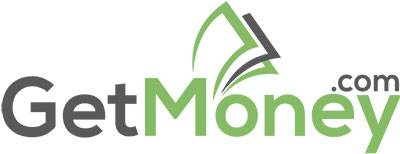What is a secured personal loan
A secured personal loan is a loan that is guaranteed by an asset. The asset is usually collateral whose value determines the loan amount and the terms of the loan (interest rate, fees, amortization period, etc.).
The more common types of secured loans are home loans, home equity lines of credit, and auto loans.
A secured personal loan lender could use anything from personal belongings such as your gold watch to more significant assets such as your house as collateral.
Secured loan lenders are exposed to a much lower default risk than lenders offering unsecured personal loans. If the borrower defaults and or falls behind on a secured loan, the lender will foreclose or repossess the collateral.
What happens if you default on on unsecured loan?
If a borrower of an unsecured loan fails to make payments, the lender will have to take a hit. This explains the higher interest rates and lower loan amounts with unsecured personal loans.
An unsecured personal loan can come in many forms, and it doesn’t have to be in cash in your bank account as offered by the personal loan lenders on Getmoney.com. For example, even your credit card is an unsecured loan.
Different forms of unsecured loans
Unsecured credit cards are offered based on your income, credit history, and employment history. If you don’t or can’t repay your credit card debt, their options are limited. They can report you to the credit agencies and make it more difficult for you to obtain financing in the future. But they don’t knock on your door asking for the sofa or the shoes you purchased.
Another form of an unsecured personal loan is a debt consolidation loan. A lender will review your credit, payment history, and debt to see if a new loan will put you the borrower in a better financial position. If yes, they will offer a debt consolidation loan. The theory behind this is that if a borrower’s overall monthly payments are lowered, the borrower will continue to make good on their obligations.
The major advantages of a debt consolidation loan to the borrower are lower payments and freed-up credit. The freed-up credit and higher available revolving credit generally tends to improve your credit score too.

